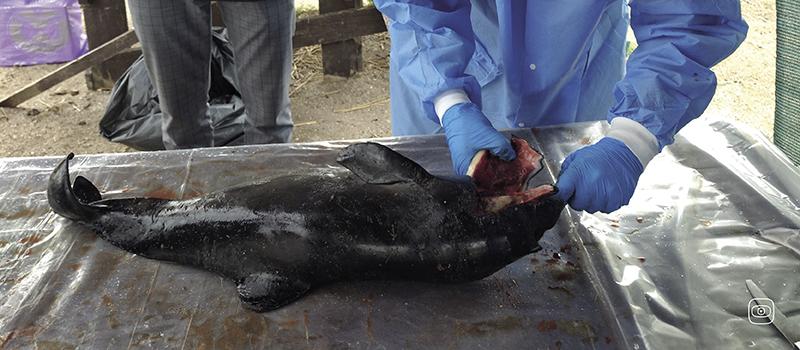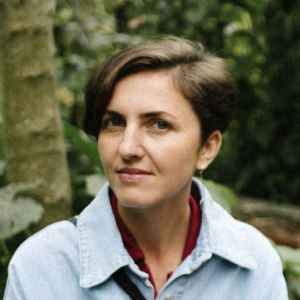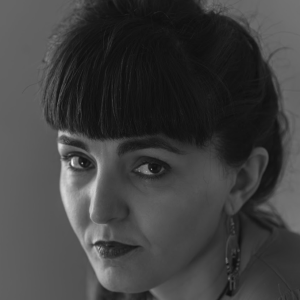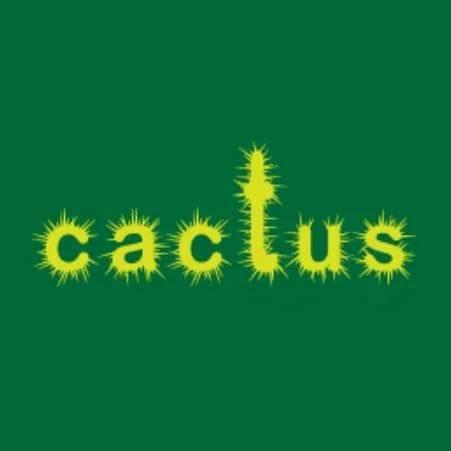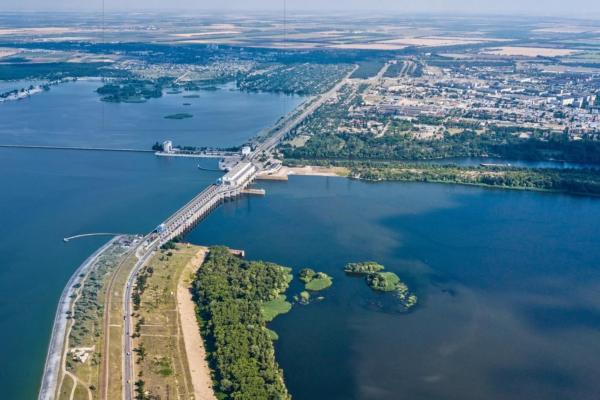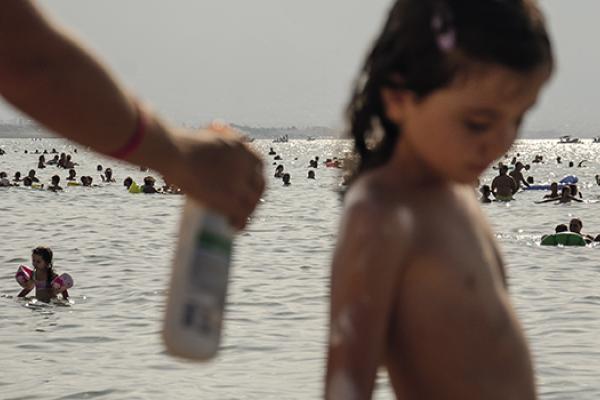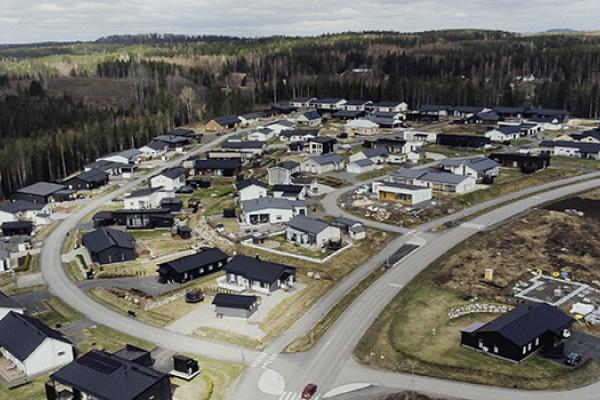The number of their carcasses washed ashore between late February and August 2022 was reported to be twice the average national stranding rate in 2019-2021.
Marine biologists and ecologists from the surrounding countries in the Black Sea region are increasingly alarmed by the situation, as dolphins keep dying en masse. Evidence is gathered to prove the connection of the Russian naval forces to the tragedy.
Ukrainian journalist Mariana Verbovska visited National Nature Park "Tuzlivski lymany", the last national park in Ukraine unoccupied by Russia which still has access to the Black sea. There the scientists are still able to carry out proper monitoring.
Due to the ongoing war, journalists in Ukraine are obliged to obtain permits and accreditation in order to cover certain issues. Covering Russia’s military crimes is one of them. The accreditation in this case ought to be issued by the Armed Forces of Ukraine to conduct a specific investigation and remains valid only for media representatives equipped with body vests and helmets. Marina got all those documents and equipment and then found out that in fact she was the first journalist to get an official permission to come to this area.
Ivan Rusev, Head of research at "Tuzlivski lymany", estimates that during the first three months of military operations in the Black Sea 37 500 to 48 000 cetacean carcasses were discovered.
Mariana also met Pavlo Goldin, doctor in zoology who specializes in marine mammal populations at the Ukrainian Scientific Center of Ecology of the Sea. He performed a necropsy on several dolphins and sent samples to experts at the University of Padua in Italy and the University of Hannover in Germany for further analysis. According to him, there are several working hypotheses for such significant cetacean mortality, and all are in varying degrees connected to the military activity.
Photo: Zoologist Pavlo Goldin preparing to perform a necropsy on a dolphin, from Goldin's personal archive.
